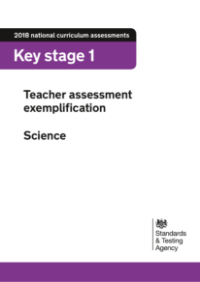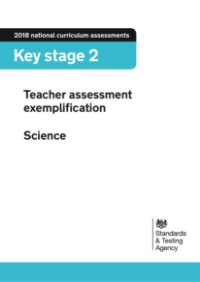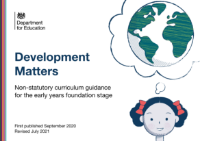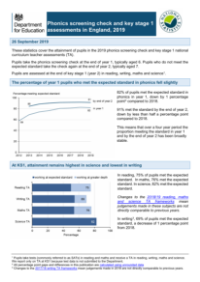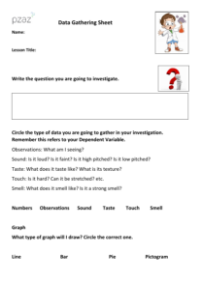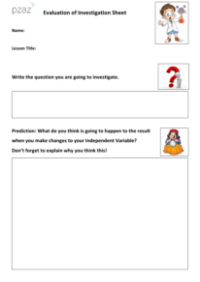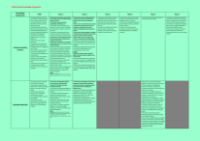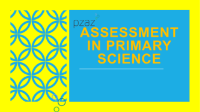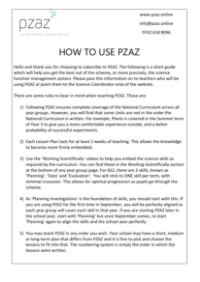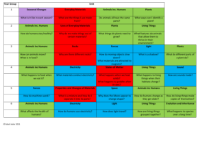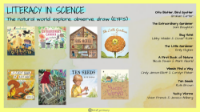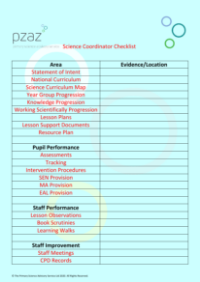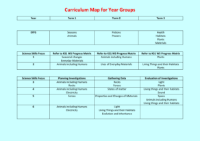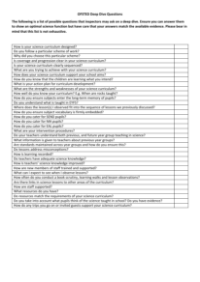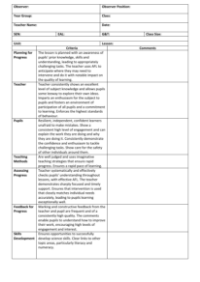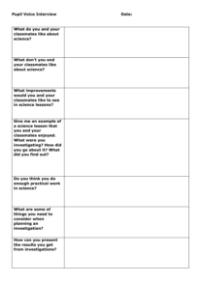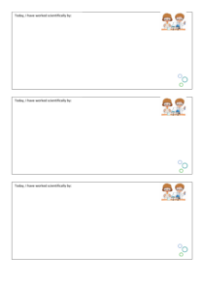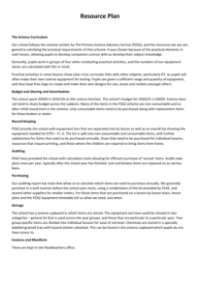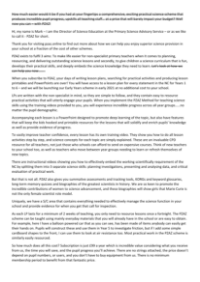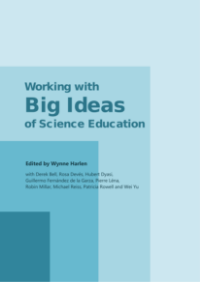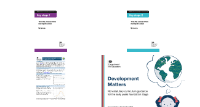Intention and Substance Findings paper on Primary School Science
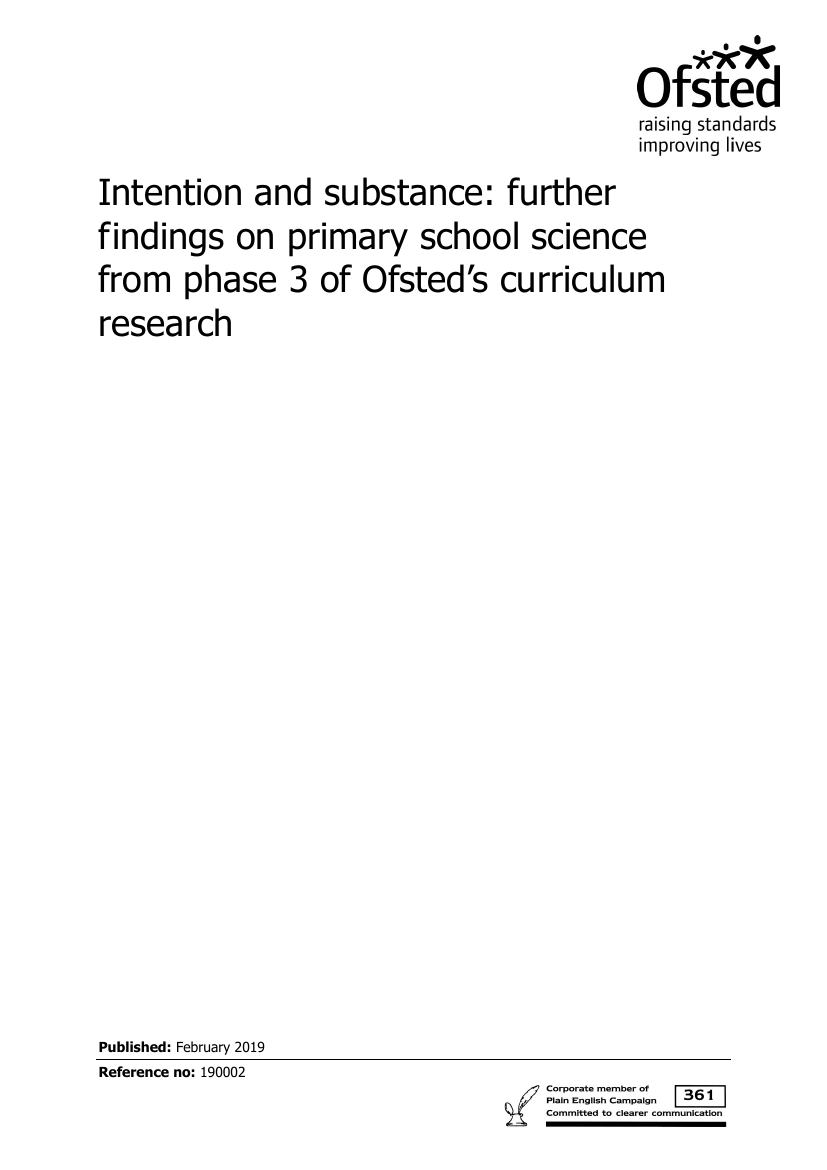
Science Resource Description
The report titled "Intention and Substance: Further Findings on Primary School Science" delves into the quality of the science curriculum in primary education. It reveals that, compared to English and mathematics, the design of the science curriculum exhibits more weaknesses. Although science is a core subject within the national curriculum, the findings suggest that there is a discrepancy between the curriculum's intentions and its actual implementation in the classroom. The research involved 14 primary schools, where it was noted that the delivery of scientific knowledge and conceptual understanding was subpar. While school leaders generally showed ambition for a broad and balanced curriculum, the practical application at the subject level was hindered by various factors, leading to a less robust science education.
The study uncovered that in some schools, a disproportionate focus on English and mathematics was evident, often at the expense of science. This was attributed to a desire to improve test outcomes and standards in these subjects. Consequently, science provision was notably weaker in these schools. Inspectors found that even when science was taught, it frequently involved low-level tasks and did not adequately deepen pupils' understanding of scientific concepts. The report also highlighted that while there are ample high-quality resources for primary science, professional development often neglected this subject area, focusing instead on English, mathematics, and middle-leadership training. It calls for school leaders to ensure that teachers possess strong subject knowledge and to rethink curriculum design in science, warning that the current trend may negatively impact pupils' future engagement with the sciences.
